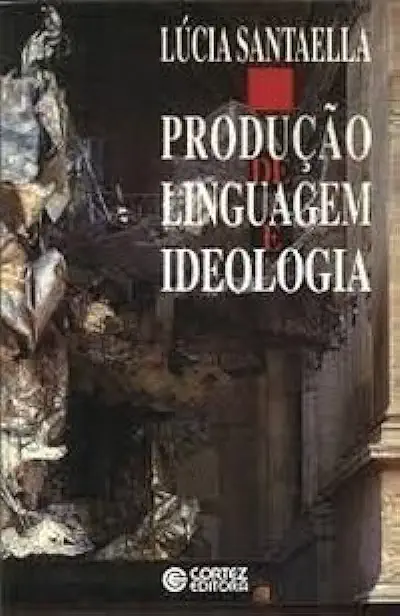
Language Production and Ideology - Lúcia Santaella
Language Production and Ideology: A Comprehensive Overview
Introduction
In her groundbreaking book, "Language Production and Ideology," renowned scholar Lúcia Santaella delves into the intricate relationship between language, ideology, and social power. Through a comprehensive analysis of linguistic phenomena, Santaella unveils the ways in which language is not merely a neutral tool for communication, but rather a powerful force that shapes our thoughts, beliefs, and actions.
Language as a Social Construct
Santaella argues that language is not a fixed and objective entity, but rather a dynamic and evolving social construct. She demonstrates how language is shaped by the social, cultural, and political contexts in which it is used, and how it, in turn, influences and perpetuates these contexts.
The Role of Ideology in Language Production
One of the central themes of the book is the role of ideology in language production. Santaella defines ideology as a system of beliefs and values that shapes our perception of reality and influences our actions. She argues that ideology is not something that is imposed on us from the outside, but rather something that is internalized and reproduced through our everyday interactions, including our use of language.
Language and Power
Santaella also explores the relationship between language and power. She argues that language is not simply a neutral medium for expressing ideas, but rather a tool that can be used to assert power and control. She analyzes how certain linguistic strategies, such as euphemisms, metaphors, and framing, can be used to manipulate public opinion and shape political discourse.
The Politics of Language
In the final section of the book, Santaella examines the political implications of language production. She argues that language is not only a reflection of power relations, but also a site of struggle and resistance. She explores how marginalized groups can use language to challenge dominant ideologies and assert their own identities.
Conclusion
"Language Production and Ideology" is a must-read for anyone interested in the relationship between language, ideology, and power. Santaella's insightful analysis provides a deeper understanding of how language shapes our world and how we can use it to create a more just and equitable society.
Key Features of the Book:
- Comprehensive analysis of the relationship between language, ideology, and power
- Exploration of the social construction of language
- Examination of the role of ideology in language production
- Analysis of the relationship between language and power
- Investigation of the political implications of language production
- Engaging and accessible writing style
- Extensive references and bibliography
Why You Should Buy This Book:
- Gain a deeper understanding of the complex relationship between language, ideology, and power
- Learn how language is shaped by social, cultural, and political contexts
- Discover how ideology influences our use of language and our perception of reality
- Explore the ways in which language can be used to assert power and control
- Gain insights into the political implications of language production
- Enhance your critical thinking skills and become a more informed citizen